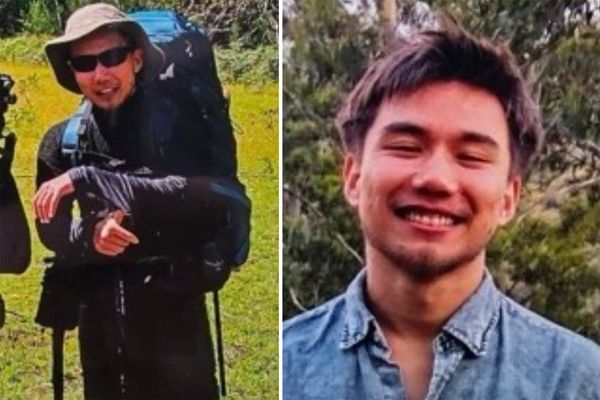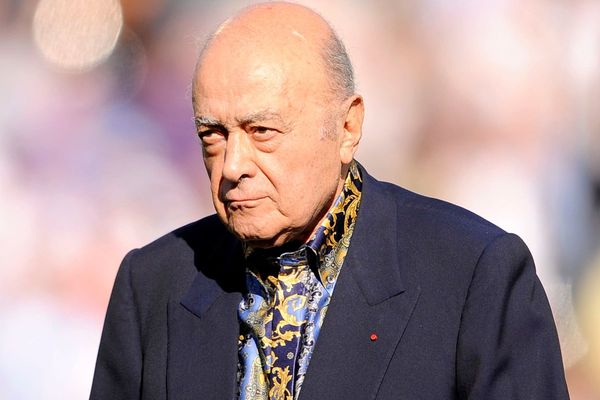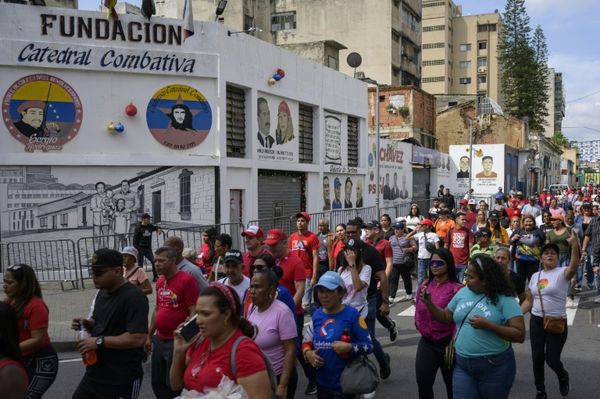
As the bullseye of bourbon country, birthplace of Muhammad Ali and home to the Kentucky Derby, Louisville boasts three global tourist attractions. Located within 200 miles of Indianapolis, Cincinnati and Nashville, it also makes for an easy drive and perfect weekend getaway for much of America’s heartland.
With premiere cultural, sports and history sites, Louisville offers something for everyone. It shines brightest when these interests align as they do so powerfully at the Muhammad Ali Center.
The Ali Center devotes itself as much to “the champ’s” social justice efforts as it does his boxing exploits. “Train” with “the Greatest,” watch his old fights and follow him from a Louisville childhood through his rise to becoming the most recognizable person on Earth via innumerable photos, ephemera and recollections from Ali and others.
The Center’s highlight, however, interprets his opposition to the Vietnam War for which he was stripped of his heavyweight title, vilified by much of America and vaulted into a position of social commentary no athlete has taken before or since. The Center deftly and candidly presents both sides of Ali’s “conscientious objection” to serving in Vietnam–“white people sending black people to fight yellow people to protect the country they stole from the red people”–and the vitriol he faced from ordinary citizens and politicians–including legislators in his home state who at the time passed a resolution saying he brought discredit to the Commonwealth.
The backlash Ali faced as a Black man standing up for his convictions about civil rights, human rights and the abuses of America on its own citizens and the world in the 1960s reverberate soundly–and sadly–to the present day.

Louisville has thankfully sited many of its top attractions within blocks of each other on West Main Street downtown. The Ali Center, the Louisville Slugger Museum & Factory–another “must” for sports fans–the Frazier History Center, the KMAC contemporary art museum focusing on Kentucky and regional artists, the Kentucky Science Center, the Kentucky Center for the Performing Art and the KFC Yum Center where the University of Louisville plays its basketball games along with hosting major concerts are all within a few minutes’ walk. The city has also done a commendable job maintaining the historic character of this formerly industrial warehouse district where exposed brick and period architectural details abound.

The 21c Museum Hotel on West Main Street smack dab in the middle of the action–and directly behind a 30-foot replica of Michelangelo’s David sculpture–makes for a perfect HQ when exploring downtown Louisville.

Big Momma’s House
When it opens in expanded and renovated gallery space in June, Roots 101 African American Museum, also within walking distance of the West Main Street attractions, becomes Louisville’s newest can’t miss destination.
“We break down the myth of supremacy,” Roots 101 founder Lamont Collins told Forbes.com. “These were (African) kings and queens (before being) enslaved in America.”
Roots 101 shares the history of Black Americans before slavery through a collection of African art dating back centuries, demonstrating that the people captured and sent into the transatlantic slave trade had a vibrant culture and society.
“We can’t allow America to keep telling this narrative,” Collins said. “(Black people) have to tell the narrative of who we are.”
In addition to the art collection, Collins has collected degrading portrayals of Black people from American pop culture, frankly displaying these dehumanizing artifacts and how they have shaped perceptions of African Americans going back over a century.
“When people ran away from it, I ran to it,” Collins says of the shocking objects. “Something in me had to be better than the image I’m seeing.”

Items from the slave trade and Ku Klux Klan, a display highlighting the impact of African American participation in sports on race relations, a gallery devoted to Kentucky music history, a replica of a Green Book hotel room and material walked by protestors from the makeshift Breonna Taylor memorial in Jefferson Square Park less than a mile from Roots 101 fill the museum.
No presentation proves more moving, however, than a room from “Big Momma’s” house. Every Black family has a “Big Momma.” She is the family’s record keeper, a proud historian, storyteller and protector. Everyone is safe at Big Momma’s house. Big Momma’s house holds a sacred and central place in African American culture and Collins gives the world a glimpse of it here.
Pulling back the curtain on Big Momma’s house for visitors of all races is a simple, genius and effective choice by Collins to intimately welcome non-Black guests where they’ve almost surely never been before. The concept is so fresh and powerful in sharing the everyday story of African Americans authentically that it should be copied by every history museum in the nation.
Kentucky Bourbon Trail

At the Frazier Kentucky History Museum–“where the world meets Kentucky”–the state’s outsized influence on the nation and world takes shape. From Corvettes (exclusively manufactured in Bowling Green) to Clooney (George Clooney was born in Lexington), what has happened here has profoundly shaped the nation.
Bluegrass, basketball and bourbon also.
Located on the first floor of the Frazier, the Kentucky Bourbon Trail® Welcome Center is the Official Starting Point of the Kentucky Bourbon Trail®. The “Spirit of Kentucky” exhibition upstairs, as well as one dedicated to legendary maker Julian “Pappy” Van Winkle, bring this history to life in a way aficionados and newbies can enjoy equally. While bourbon doesn’t technically have to be made in Kentucky to carry the moniker, don’t tell anyone in Kentucky that.
For those wanting to do more than learn, numerous bourbon brands have opened tasting experiences along Main Street in recent years including Angel’s Envy, Evan Williams, Michter’s, Old Forester, Rabbit Hole and Kentucky Peerless Distilling. The best combo history-tasting opportunity comes via the Frazier’s “The Unfiltered Truth” tour, tracing Kentucky’s African American experience through bourbon.
All of this and you still haven’t left downtown or needed a car.

Big walkers looking to rack up impressive steps totals should stroll through expansive Louisville Waterfront Park and over the Big Four Bridge spanning the Ohio River to southern Indiana where pizza and ice cream reward the adventurous. Sample Americana at its finest with a minor league Louisville Bats baseball game right next to the Park in dazzling Louisville Slugger Field.
Churchill Downs will have to wait for the next trip which hopefully won’t be long in coming.







